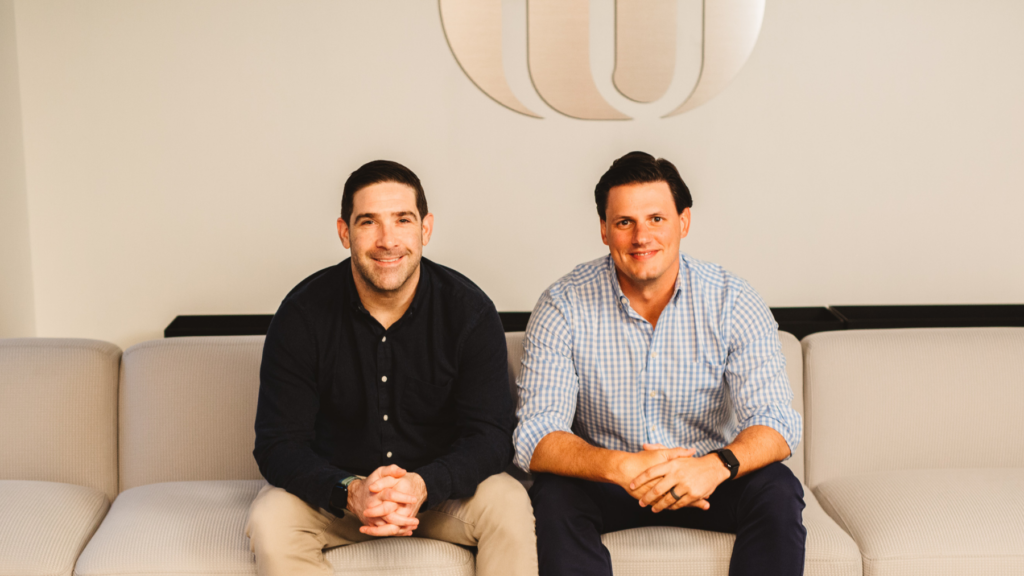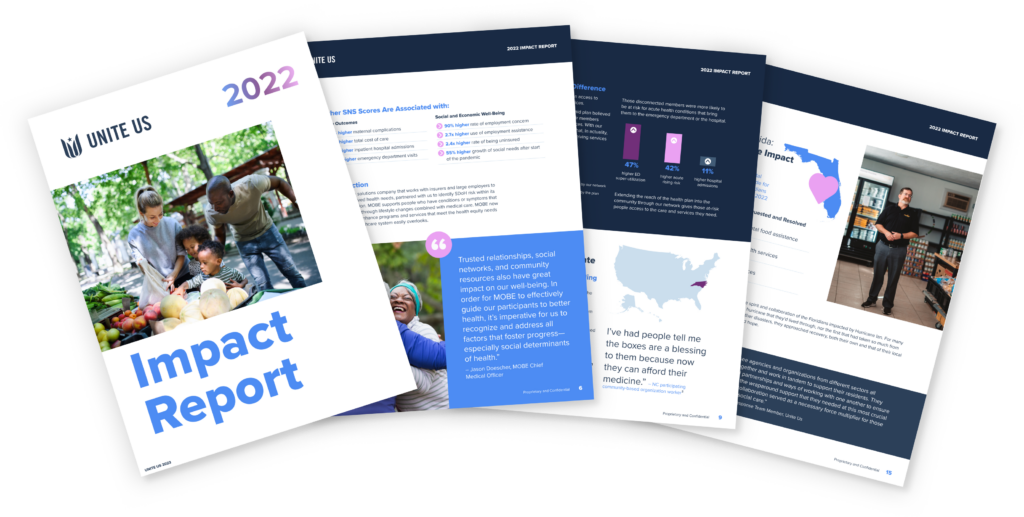
Putting an end to the prison cycle
By Dan Brillman
Every year, around 650,000 people are released from U.S. prisons.1 Without wraparound support, many find themselves right back in the system. In fact, 76% of all former inmates in the U.S. were rearrested within five years.2
Many reoffenders suffer from mental health issues, substance addiction, and high rates of suicide, which point to a more complex problem than simply criminals being criminals. On top of stigma, many released persons face legal and regulatory sanctions and restrictions that limit or prohibit them from getting a job, occupational licensing, housing, education, and other critical opportunities. Criminal justice experts cite public safety as reasoning for some of these restrictions, yet recognize that these regulations simply keep former convicts from the opportunities they need to start over. And, without access to facilitated and complete support, it is easy to see how they could end up in trouble again.
Out of mental institutions and into prison
In the past, the mentally ill were institutionalized in psychiatric facilities. Since the 1960s, however, many of these facilities have closed or tightened their entrance requirements, leaving people with mental health problems with family and friends or left to fend for themselves.
The mentally ill often face multiple challenges, including finding and keeping a job, finding a place to live and food to eat, and even estrangement from family and friends. They may not have access to healthcare and may suffer from substance abuse. Individuals with acute mental illness, left on their own, have a difficult time staying within the law. While the level and quality of prison services vary, recently released prisoners uniformly experience a drop-in supervision. They may end up homeless and without resources, leading back to the crimes that put them in prison in the first place.
Once released, these people will have an even harder time than most in overcoming collateral consequences. Many face both subtle and outright obstacles as they try to establish a new life outside of prison. If they’ve been inside for a while, they will be unfamiliar with new technology. They may not be allowed to apply for certain jobs. And they will face a certain amount of discrimination, as a vast majority of companies utilize background checks, and will be able to see the conviction record and history of mental health issues.
How we can help put an end to the carceral cycle
To help previously incarcerated persons make their way successfully after prison, we need to look beyond the crime, treat the whole person, and coordinate the efforts of those involved. Healthcare providers and community-based organizations (CBOs) in many states know that they need each other to ensure overall well-being – to facilitate access to holistic healthcare and social services. Prisons and CBOs need to add themselves to the mix.
With a coordinated network of support and services around parole, mental health, housing and employment, those released from prison would have a much better chance of staying out.
Coordinating Holistic Care
That’s where Unite Us comes in. We build coordinated care networks that digitally inter-connect health and human service providers. These networks enable providers of all kinds – including those helping people released from prison — to seamlessly work together, integrate all social determinants of health, track people through their total health journey, and report tangible outcomes in a cohesive and collaborative ecosystem.
For those previously incarcerated, our coordinated care network can mean, for example, that the parole officer or case worker, mental health care provider, and job search expert (or employer) could provide bidirectional feedback, monitor dosage at substance counseling sessions or anger management, and be assured that the parolee is getting the proper medication and assistance.
Unite Us is a veteran-owned technology company that was initially founded to help veterans but has since expanded its reach to help communities across the United States, including those supporting the elderly, low-income and previously incarcerated populations.
Unite Us now powers 4 youth reentry service locations, each operating an employment-focused holistic care model. This work is funded by Reentry Demonstration Project(s) for Young Adults. Grantees use Unite Us to track activity, facilitate wraparound services, and prove impact to the U.S. Department of Labor.
Our proprietary platform enables every partner to send and receive referrals, track patients together, and share data and outcomes in real-time. We’ve created these cohesive and efficient ecosystems in 27 communities, so far, enabling networks to facilitate superior patient care, reduce costs and provide every partner with the data needed to accurately measure impact. And, by digitally connecting health and community services together in a centralized network, we put the patient (or ex-convict) at the center of their overall care by providing a level of engagement that cannot be found anywhere else.
We aim to empower providers to meet each person’s holistic needs and track their “total health journey”.
To learn more, contact Unite Us at 1-844-786-4838.
1 https://www.themarshallproject.org/2017/07/19/nine-lessons-about-criminal-justice-reform#.XyIlucrHf
2 https://www.bjs.gov/index.cfm?ty=pbdetail&iid=4986%20
About Unite Us
Unite Us is the nation’s leading software company bringing sectors together to improve the health and well-being of communities. We drive the collaboration to predict, deliver, and pay for services that impact whole-person health. Through Unite Us’ national network and software, community-based organizations, government agencies, and healthcare organizations are all connected to better collaborate to meet the needs of the individuals in their communities.



